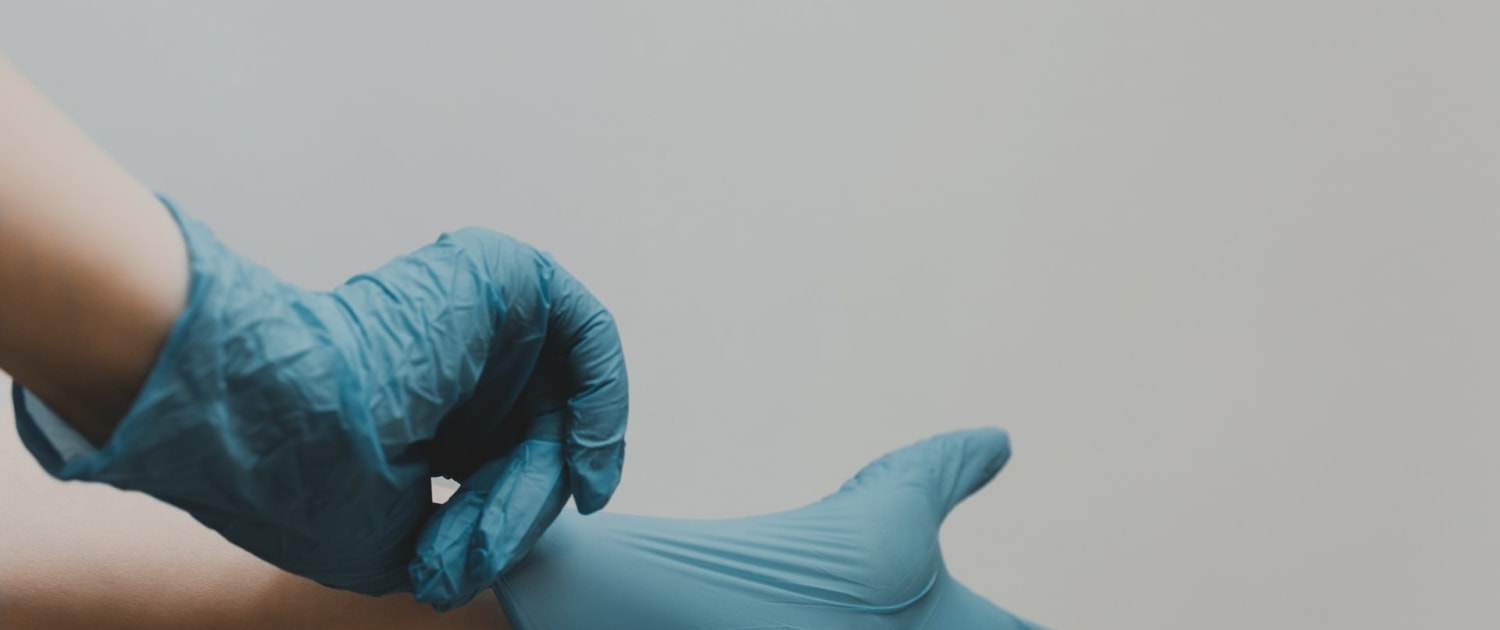Is Euthanasia Permissible?
Shaykh Jamir Meah answers a question related to Euthanasia and its ruling in Islamic law.
Question:
My question is regarding the medically assisted death option which patients in hospitals are choosing. I’m completing a clinical pastoral education unit in a hospital and was recently asked if I would assist patients who have chosen medically assisted death and without any confusion or hesitation I said yes. However, I’m wondering if as a Muslim that is problematic or not. I don’t think so but I just need to speak to someone who is in the field and is a Muslim to provide some kind of comments, feedback or advise. Please let me know your thoughts.
Answer:
Assalam ‘alaykum, thank you for your question.
Euthanasia is of two types, active and passive. Active euthanasia is deliberately performing an act that will cause the person to die, such as administering a fatal injection. Passive euthanasia entails leaving a person to die without any action being taken to preserve life.
Active Euthanasia, Suicide, and Assisted Suicide
Active Euthanasia, the direct and deliberate act performed to kill the patient maybe involuntary, such as when the patient is unconscious and the decision to end their lives is taken by the family or physician, or voluntary, in which case it is termed suicide, or assisted suicide if a third party assists the person in the act.
Active Euthanasia, suicide, and assisted suicide, are unlawful in Islamic Law, even if the person is suffering.
This is based on the words of God, ‘And take not life, which Allah has made sacred, except by way of justice and law’[6: 151], and, ‘Do not kill yourselves. Verily, Allah is ever Merciful unto you’. [4:29].
Alongside the prohibition, the person who deliberately caused death would have committed homicide.
Vegetable States
The ‘exception’ to the prohibition on involuntary euthanasia is when the patient is in a severe vegetable state, such that the medication, feeding (i.e. hydration), or life support machine, is the only thing keeping the person breathing, and without it, it has been concluded that the person would be dead or will not function. In these cases, it would be permissible to stop treatment if qualified physicians state that this is the case and there is no hope of recovery.
Passive Euthanasia
Passive euthanasia, where no action is taken, entails stopping medical treatment. The vast majority of scholars have held that it is recommended for a person to seek medical treatment but it is not obligatory. Therefore, if a person chooses to stop treatment, and they are left to die naturally, then this would be permissible. However, it would not be permitted to starve the person to death (or self-starvation). And Allah knows best.
Do Not Desire Death
It is disliked for a person to desire death, as the Prophet ﷺ said, ‘Let none of you wish for death on account of an affliction that befalls him. If he has no alternative, let him pray, O Allah! Give my life so long as the life is good for me, and take away my life if death is good for me.’ [Al Bukhari and Muslim]
Role of the Muslim physician
The Muslim physician holds a very important yet precarious role. It is essential that any person wishing to treat or care for patients first learn the rulings of sacred law (fiqh) that apply to their job, as well as study some central tenants of Islamic belief (‘aqida).
Though it can be very difficult, Muslim physicians should always encourage patients, Muslims and non-Muslim, to have hope in something greater than their suffering, for hope is often far greater a cure than any medicine can afford.
[al Majmu’, Tuhfatul Muhtaj, Mughni al Muhtaj, Tarshih al Mustarshidin]
Please also refer to the following answer:
I wish you all the best in your affairs.
Warmest salams,
Jamir
Checked and approved by Shaykh Faraz Rabanni
